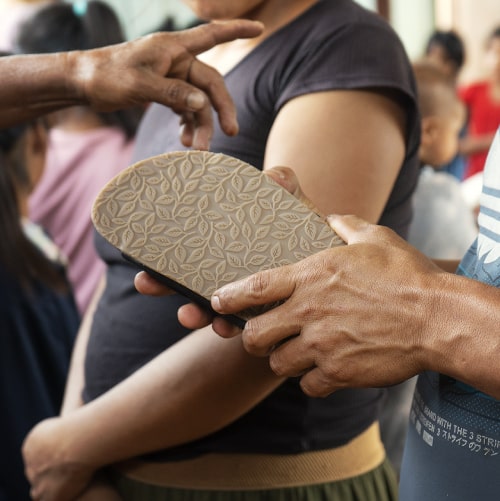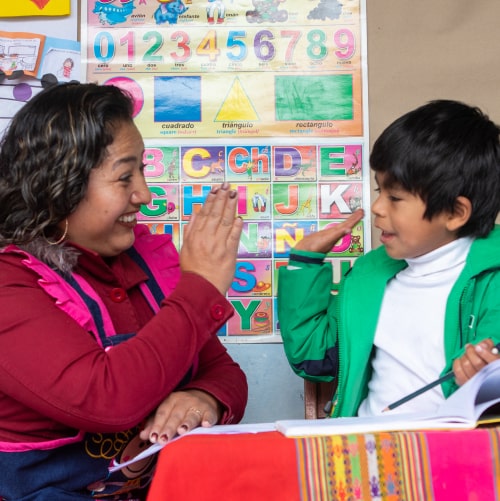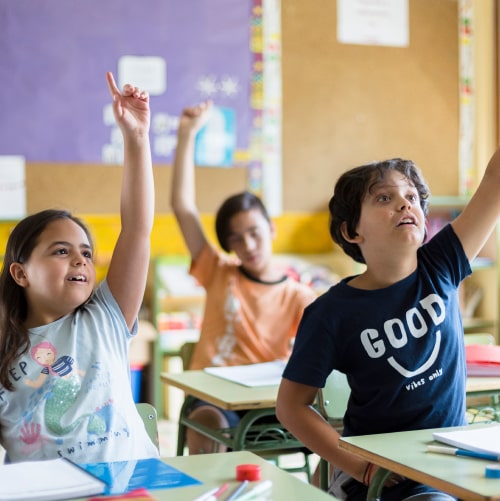At the start of 2022, the Wiese Foundation inaugurated the Educational Quality program’s project “School and Identity, learning and working together in the region” in Ascope, La Libertad, extending its support to 14 schools in the North of Peru, focusing on 10 towns and 6 districts of Ascope. This project will benefit almost 4,000 students through their teachers and administrators over a period of three years.

The program leaders have experience teaching in classrooms or as administrators; also, the team members have experience in the public and private sectors.
To learn more about how the project is going, we interviewed Liliana Villanueva, director of the Wiese Foundation’s Educational Quality program. In this conversation, she said that the “School and Identity” project incorporates the experience gained at Pachacamac over almost six years: “This project will last three years and we are working with approximately 250 teachers in 14 schools in the province of Ascope, within El Brujo’s radius of influence.”
Villanueva highlighted that, for the project in Ascope, there is a team of seven mentors who live in the area. The team members, who are teachers, have experience teaching in classrooms or as administrators; additionally, they have experience in the public and private sectors.
Furthermore, the director noted that they have participated in a formational program with the Wiese Foundation: “We are working in-person. The schools have restarted classes and our job is clearly related to the school culture. Our strategic ally, GNOSIS, is bringing in their coaches for three days and two nights, every three or four weeks, to Ascope to put on the workshops”. The workshops have a duration of approximately three hours and accommodate thirty teachers.
It is important to note that the workshops are mandatory for the schools involved. This decision, according to Villanueva, is to speed up the process of cultural transformation. For this reason, the administrators are being empowered to maintain these changes in the institutional culture after the project ends. The obligatory nature of the program has been possible due to an agreement with the regional government, which delegates to the UGEL the oversight of the implemented actions.

With respect to the development of the project proposal, Villanueva
relates that the reality of the region was taken into account, since the
project should respond to the needs of the context; in this way, those who are involved
can feel like it is their own and commit to it: “In almost all the schools that we are working with, there are no
other projects by civil organizations. This allows the directors to accept us
differently, because it is an intervention that is going to benefit their
school, their management, and the performance of their teachers.”
Furthermore, the
director of the Educational Quality program added that they are making plans to
interact more with the area: “We are developing learning projects aimed at
getting to know the territory, understanding the territory’s problems and
contents connected to El Brujo”.
Finally, all the actions carried out with teachers, administrators, and
the regional government have led to the solidification of a proposal that is
validated by results; and that, furthermore, seeks to transform formative
practices in service. If you want to know more about the Educational Quality
Program’s new project, visit our website: the Wiese
Foundation.









